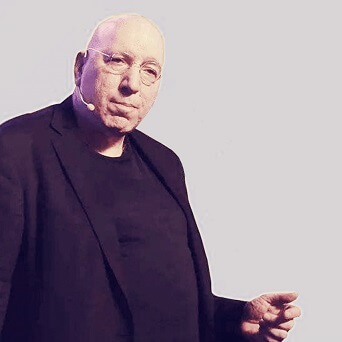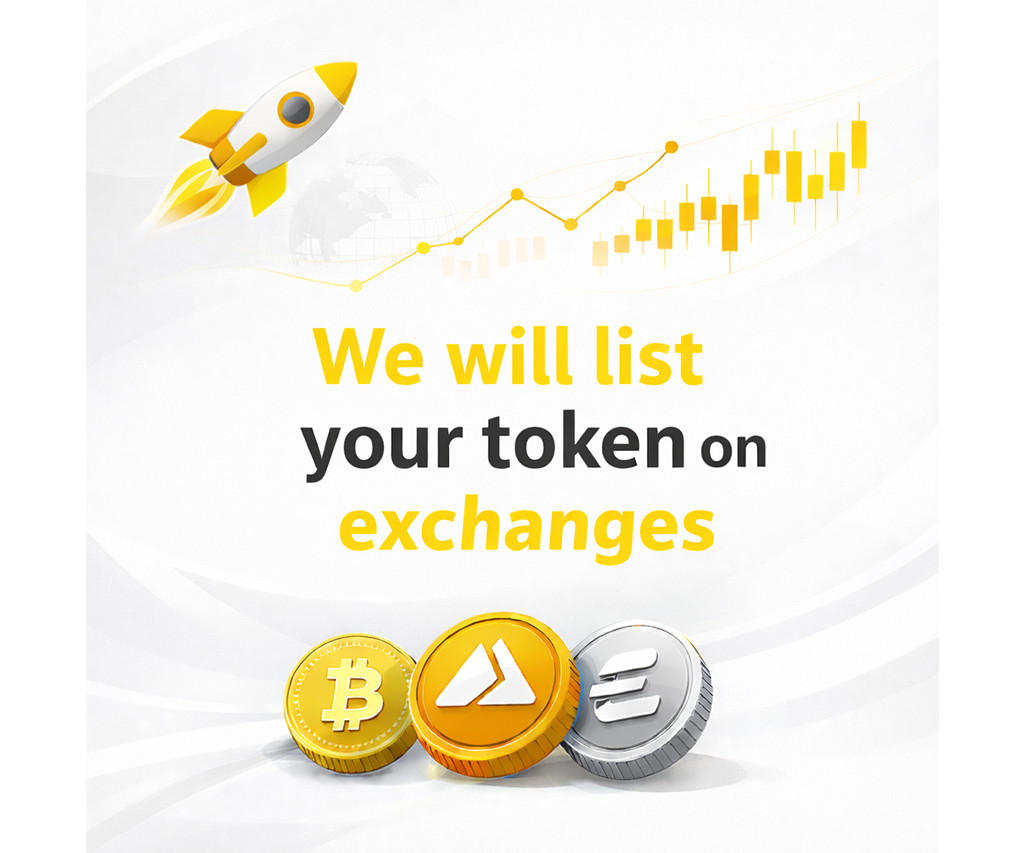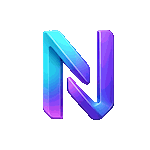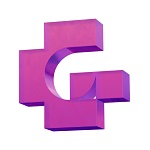 | Qtum (QTUM) |
An open source, decentralized project that aims to capitalize on the success of Bitcoin, while competing for the Decentralized Application (Dapp) and Smart Contract market
Important By investing in this business you agree to ourDisclaimer. All information including our rating, is provided merely for informational purposes. CryptoTotem does not provide investment advice.
What is Qtum
Qtum is an open sourced public blockchain platform, leveraging the security of UTXO while enabling multiple virtual machines including EVM and the revolutionary x86 VM. Qtum is PoS based and boasts a Decentralized Governance Protocol (DGP) allowing specific blockchain settings to be modified by making use of smart contracts. For instance, the block size of Qtum can be increased without the need of a hard fork.
Blockchain-enabled smart contracts that employ proof-ofstake validation for transactions, promise significant performance advantages compared to proof-of-work solutions. For broad industry adoption, other important requirements must be met in addition. For example, stable backwards-compatible smart-contract systems must automate cross-organizational information-logistics orchestration with lite mobile wallets that support simple payment verification (SPV) techniques. The currently leading smart-contract solution Ethereum, uses computationally expensive proof-of-work validation, is expected to hard-fork multiple times in the future and requires downloading the entire blockchain. Consequently, Ethereum smart contracts have limited utility and lack formal semantics, which is a security issue.
We discuss the Qtum utility advantages compared to the Ethereum alternative and present Qtum smart-contract future development plans for industrycases applications.
Qtum Roadmap
Potentially incomplete GUI, full RPC methods for contract interaction. Designed for developers, not consumers.
GUI for smart contract interaction in wallet. Stable RPC layer for developers.
APIs for interaction with smart contracts for JavaScript, iOs and Android. Release of Qloha, a WeChat wallet for mobile use. Release of SpringMail, email integration for Qtum. Smart contract lifecycle management.
Each extention will be formally evaluated and timeframe determined with community input guiding priorities. Adding new features and power to the Qtum AAL. First Class Oracles - Native Oracle support on the blockchain beyond standard smart contracts. Support of community projects built on Qtum.
Adding new VMs beyond EVM. eSML, a new smart contract language with formal verification.
Token Sale Dates
ICO
Token Allocation
Funding Details
Token distribution
Total supply is 100M coins and the inflation rate is about 1% per year (this may be slightly changed when they release the mainnet, but the inflation rate will be kept low). Distribution: - 80% of the tokens will be eventually allocated the community; - 20% will be allocated to the foundation initiator, early backers, and the development team. Ownership of tokens refers to the right to use the Qtum DApps and the blockchain.
Token Price and Payment Options
Project team





























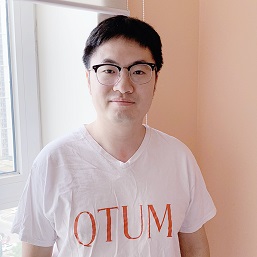






Advisors









